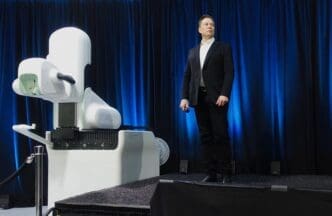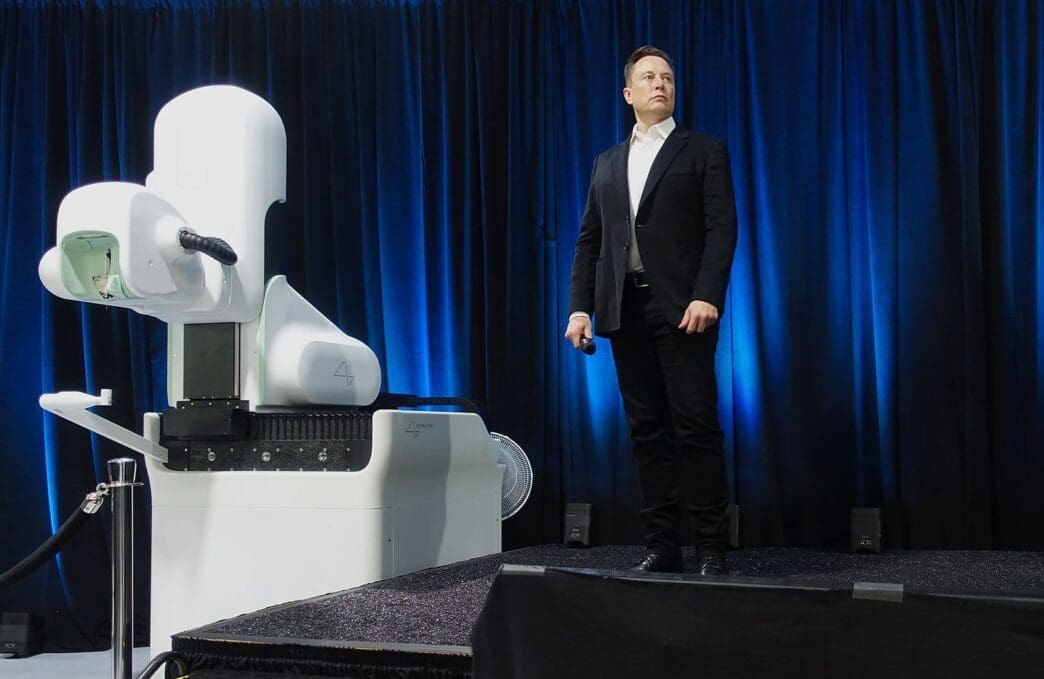In a rapid and unprecedented move, Elon Musk has gained significant influence over federal government operations with the support of President Donald Trump.
Elon Musk has quickly established a stronghold within the federal government with President Trump’s endorsement, sidestepping career officials and accessing sensitive databases. This maneuvering includes dismantling a key humanitarian aid agency. The scale and speed of Musk’s actions are remarkable, creating an alternative power structure focused on cost-cutting and workforce reductions. Notably, this has been done without congressional approval, setting the stage for a constitutional clash over presidential powers.
Musk’s appointment as a special government employee allows him to bypass stricter rules on ethics and financial disclosures. President Trump has even provided him with office space within the White House complex, where Musk leads a team called the Department of Government Efficiency. This team spreads across federal agencies to gather information and issue directives. Some team members were reportedly seen at the Department of Education, which Trump has vowed to eliminate. While Republicans defend Musk’s actions as fulfillment of Trump’s campaign promises, Democrats criticize them as a power grab within the government, akin to an internal coup, concentrating uncontrollable and illegal power.
Significant actions attributed to Musk include efforts at the U.S. Agency for International Development (USAID), where access to its facilities was reportedly blocked, preventing employees from using the organization’s computer systems. Musk claimed Trump agreed to shut down USAID, describing the agency’s inefficiencies in stark terms. Further, Musk’s focus extends to the General Services Administration (GSA), which is responsible for federal buildings. Reports indicate that regional managers are instructed to terminate leases for approximately 7,500 federal offices nationwide.
Concerns are amplified by Musk’s unfiltered access to the U.S. Treasury’s payment system, responsible for handling $5 trillion worth of payments annually, including Social Security disbursements. Critics, including Democratic Senator Tammy Baldwin, have labeled this unprecedented access a significant data breach. Senate Minority Leader Chuck Schumer has called for the revocation of Musk’s access, framing it as illegal and perilous.
Some perceive Musk’s federal involvement as a political reward for his substantial financial backing of Trump’s campaign through America PAC. Musk suggests future political investments, possibly supporting primary candidates aligned with Trump’s agenda. His vision of restructuring the federal government is portrayed in existential terms, emphasizing the present as an opportune moment for change.
Elon Musk’s comprehensive influence within the federal government, endorsed by President Trump, has sparked intense debate and concern. As Musk continues to implement his vision, the implications for governance and federal operations remain uncertain, setting a contentious stage for future political and legal battles.








